Description
Description
The Cocos nucifera, or Coconut Palm, is an iconic tropical tree known for its tall, slender trunk, graceful, arching fronds, and versatile fruit. Growing up to 30 meters, it thrives in coastal areas, adding a quintessential tropical aesthetic to landscapes. The tree produces coconuts—used for their water, flesh, oil, and coir—which are highly valued for their culinary, commercial, and cultural significance.
Native to tropical regions, the Coconut Palm is a symbol of the tropics, ideal for coastal gardens, resorts, and sandy landscapes.
Specifications:
- Height: 15–30 meters
- Width: 5–8 meters (crown spread)
- Native to: Tropical regions of the Indo-Pacific
- Foliage: Long, feathery fronds with pinnate leaves; evergreen
- Growth rate: Moderate to fast
Conditions:
- Soil: Prefers well-drained, sandy soils; tolerates poor and saline soils
- Light: Full sun
- Water: Moderate; requires consistent moisture, especially in young trees
- Climate: Thrives in tropical and subtropical regions; frost-intolerant
Additional Features:
- Fruit: Large coconuts containing water, edible flesh, and a fibrous husk
- Uses: Ideal for ornamental planting, shade, and fruit production in coastal and tropical gardens
- Spacing: Plant 6–10 meters apart for individual growth or grouped displays
- Low Maintenance: Requires minimal pruning; remove dead fronds and fallen fruit
- Pest Resistance: Generally pest-free; monitor for coconut-specific pests like rhinoceros beetles
- Salt Tolerance: Highly tolerant of salt spray, making it perfect for coastal planting
- Economic Importance: Produces coconuts for food, oil, beverages, and fiber, supporting industries worldwide
- Environmental Benefits: Stabilizes sandy soils, provides shade, and supports biodiversity
The Coconut Palm is a resilient and iconic tree, perfect for creating tropical landscapes while providing a versatile and economically valuable fruit.
Delivery Information
Delivery Information
We offer flexible delivery options to ensure your tree arrives in perfect condition, whether you're located nearby or on the other side of the world.
- Domestic Deliveries:
We provide reliable delivery services across the country, utilizing our fleet of specialized trucks and train freight networks. Whether you're in a metropolitan area or a remote location, we ensure your trees arrive safely and efficiently. - International Deliveries:
For our global customers, we coordinate delivery via sea freight. With 30+ years of exporting experience, every tree is carefully prepared to meet international biosecurity standards and packaged for safe transport to its destination.
Our team will work closely with you to arrange the most suitable delivery method based on your location, project timeline, and tree size. No matter where you are, we ensure a seamless delivery experience.
Have additional questions? Contact us to discuss your specific delivery requirements!
FAQ's
FAQ's
How are ex-ground trees prepared for delivery?
All ex-ground trees are carefully dug with their rootball intact to preserve the root system and minimize transplant shock. Each tree is stabilized and treated with specialized solutions to promote health during transit. The rootball is wrapped to retain moisture and protect it from damage, and water crystals are added to provide essential nutrients and hydration for the journey. These meticulous preparations ensure your tree remains healthy and ready for planting, whether it’s traveling across the country or overseas.
How long does delivery take?
Delivery times vary depending on your location and the size of your order. Domestic deliveries typically take 1–2 weeks, while international shipping may take several weeks depending on the destination. Contact us for specific timelines.
Are there minimum order quantities for delivery?
For local and nationwide orders, there are no strict minimums, though delivery costs may vary based on order size. For international orders, a minimum quantity is often required to optimize freight efficiency. Contact us to discuss your needs.
Do you provide installation services?
While we focus on the supply and delivery of trees, we can connect you with trusted landscaping partners who specialize in tree installation and site preparation.
Can I visit your farms to select trees?
Yes, we welcome visits to our farms by appointment. Seeing the trees in person allows you to select the perfect specimens for your project. Contact us to schedule a visit.

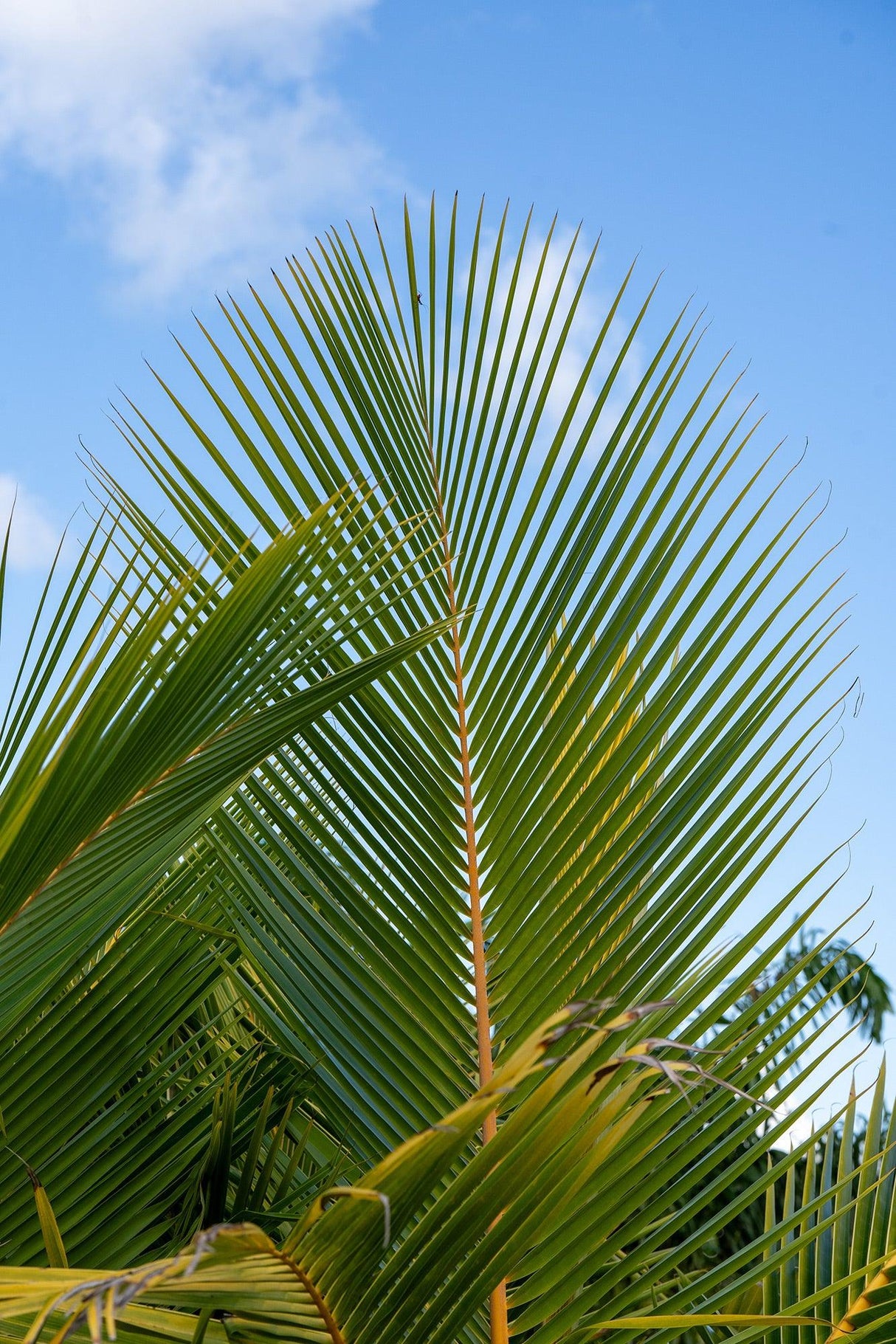
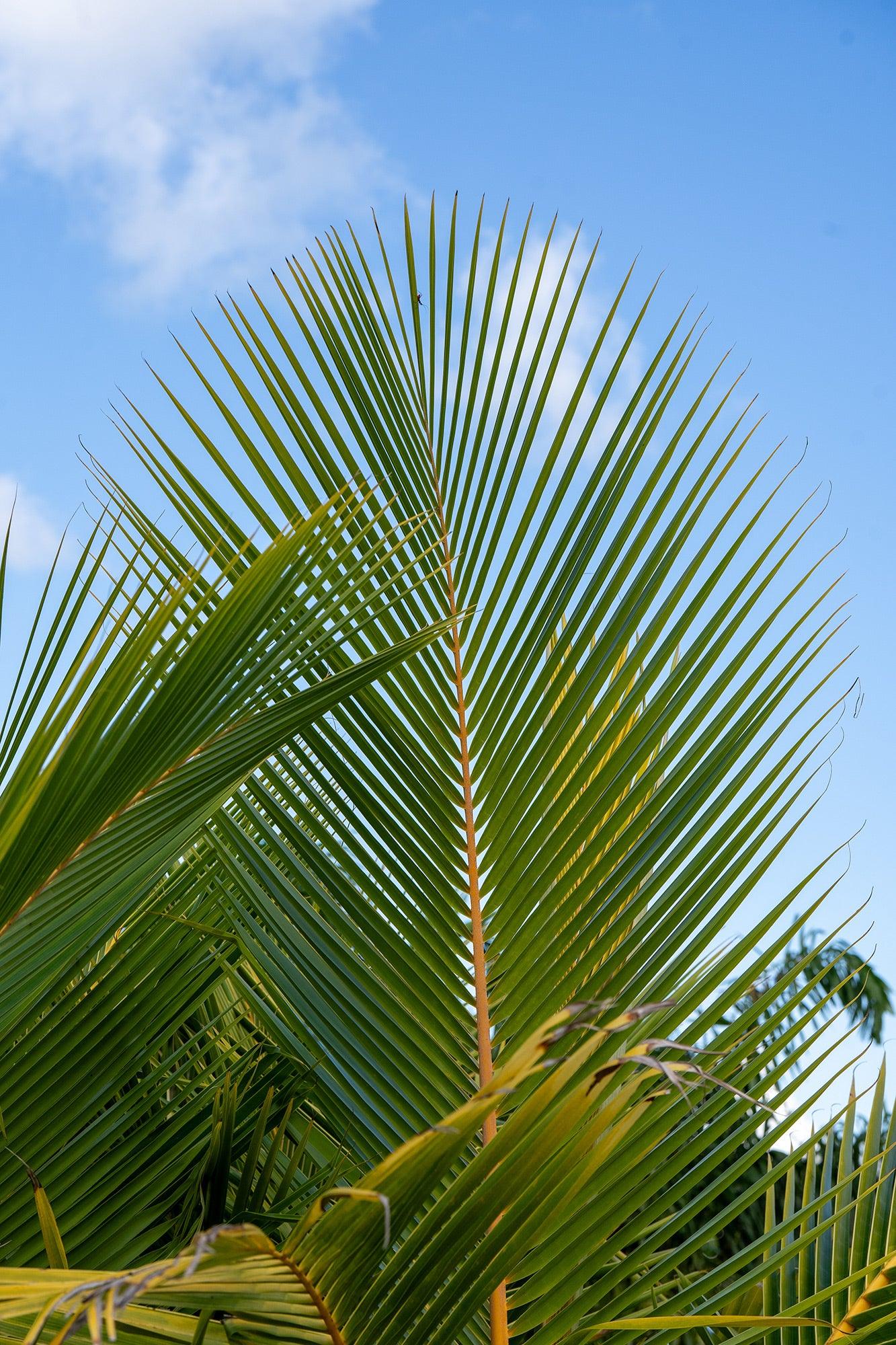
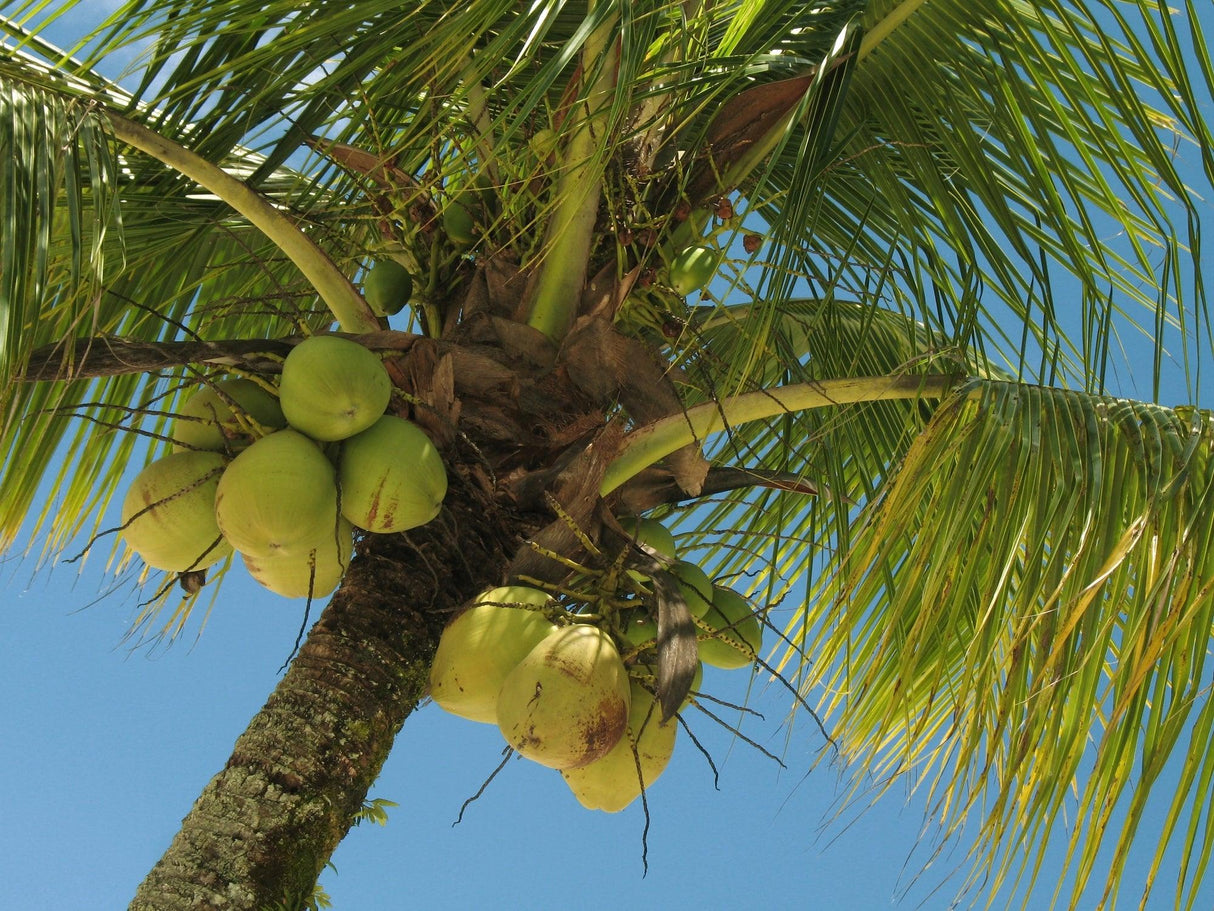
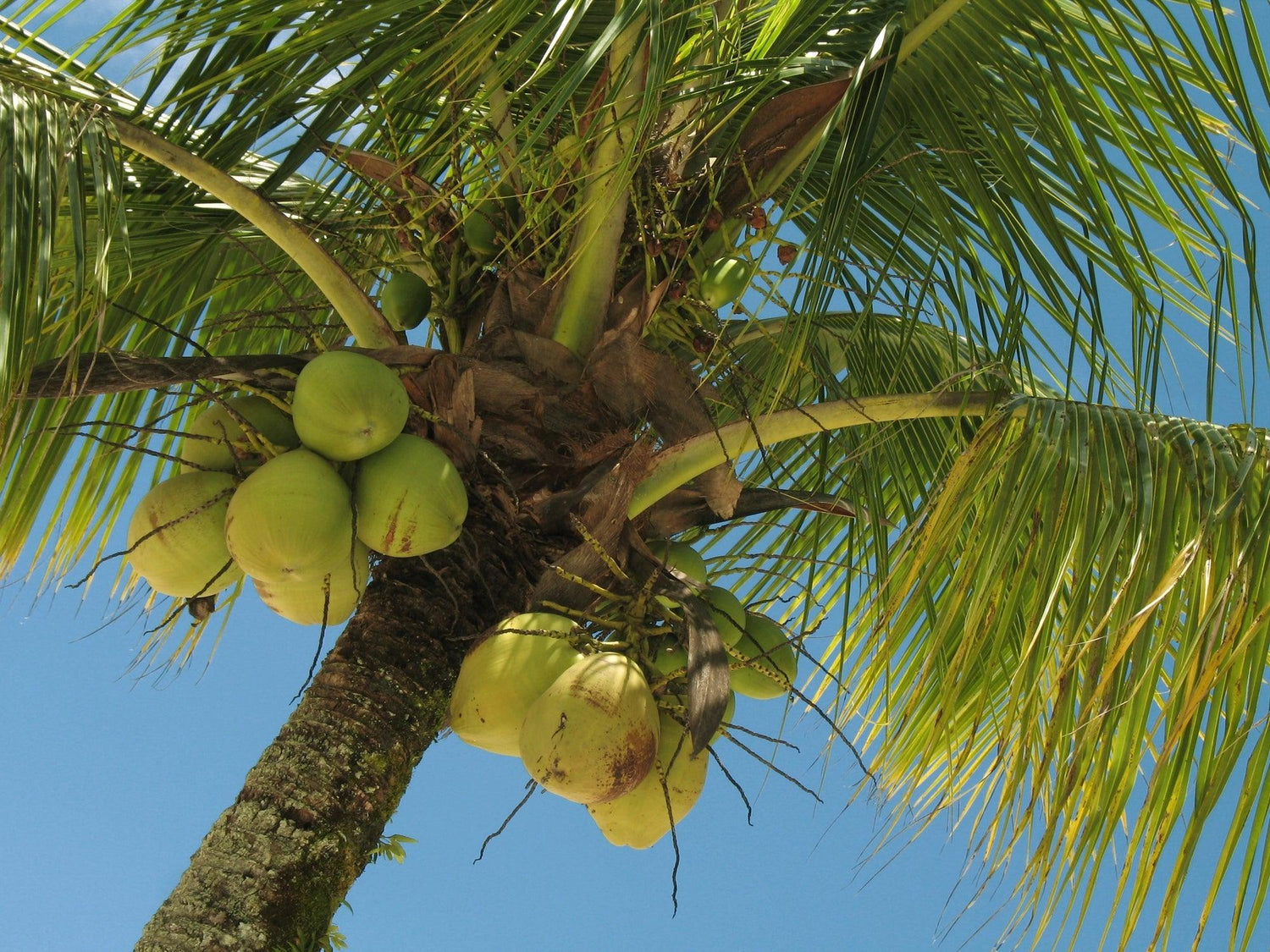
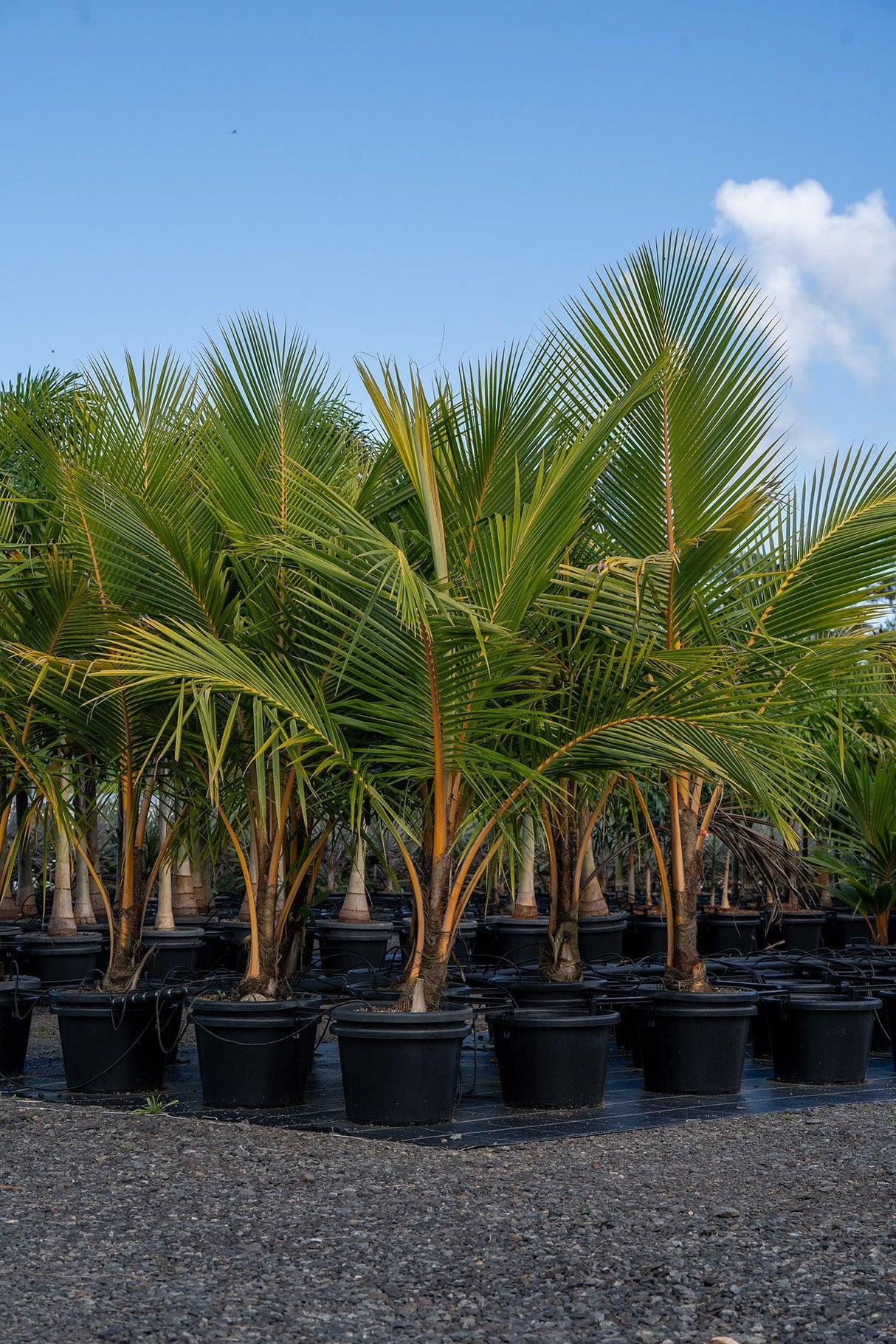
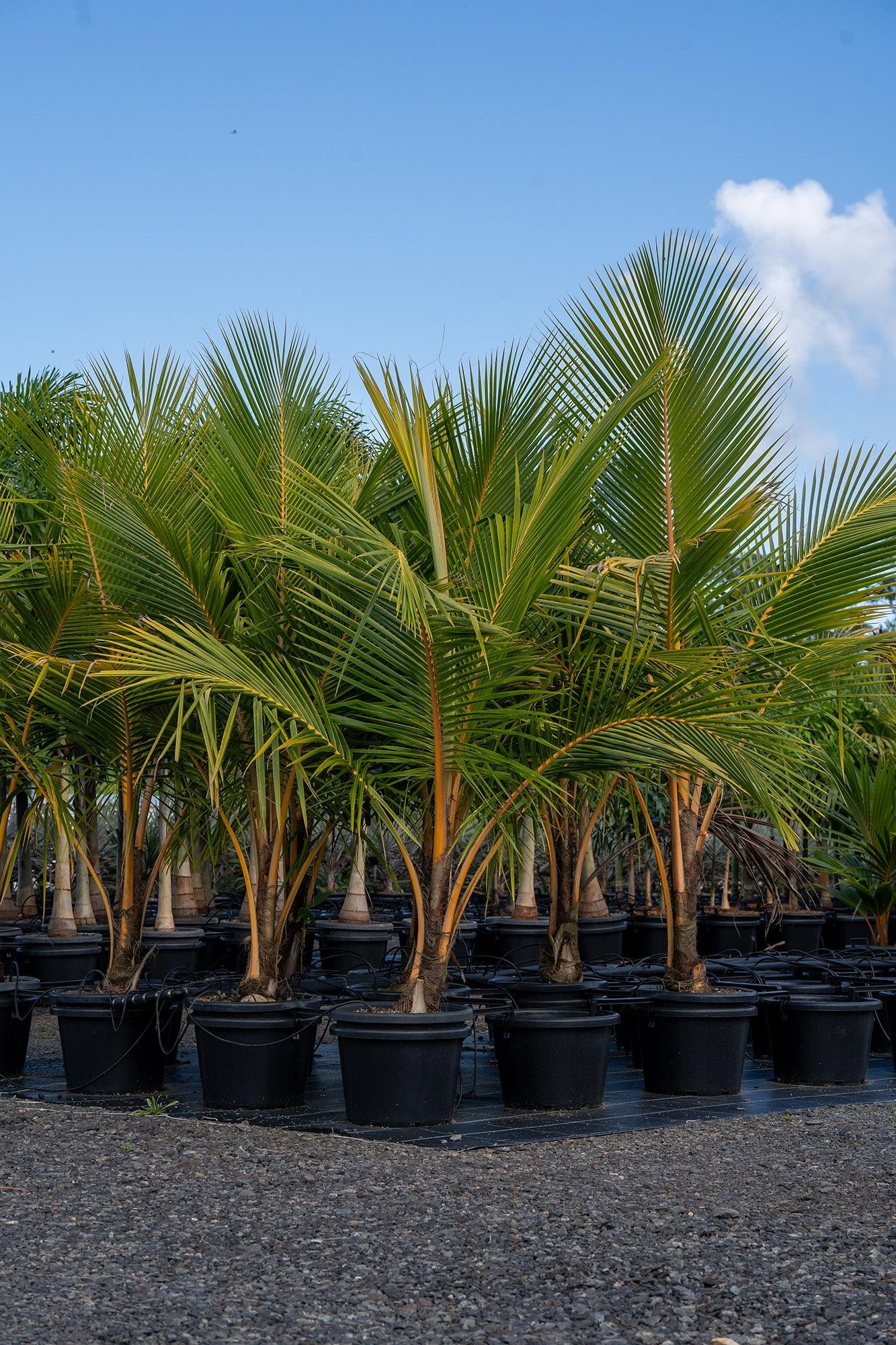
 Inspection available upon request
Inspection available upon request
 Photos are of example stock
Photos are of example stock
 International Delivery Available
International Delivery Available
 Available For Export
Available For Export
